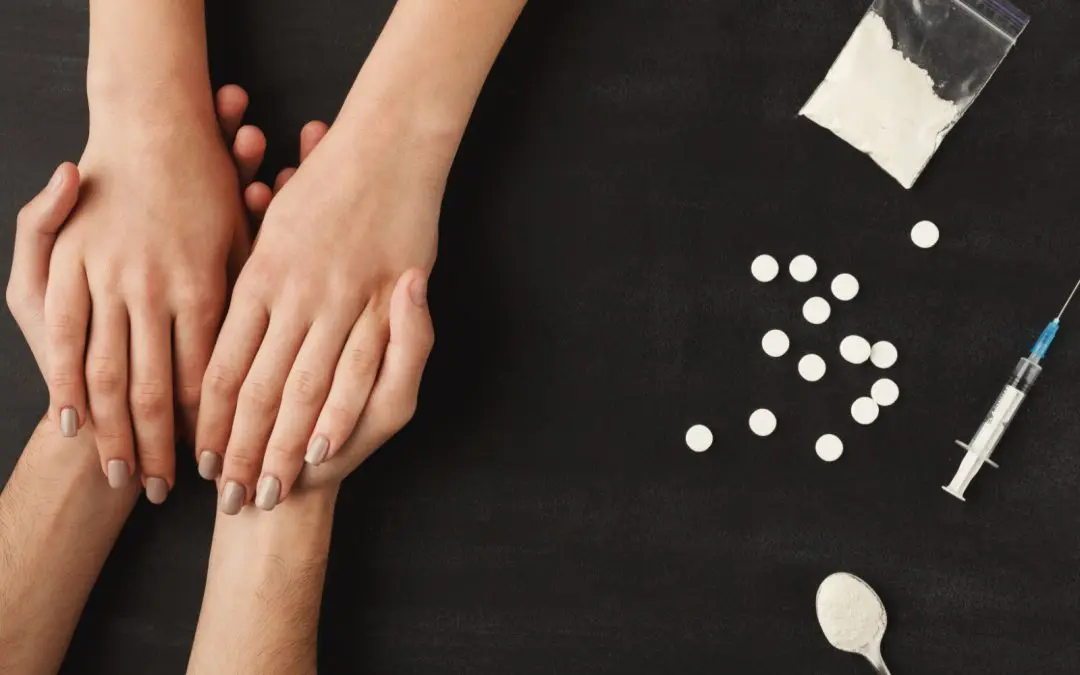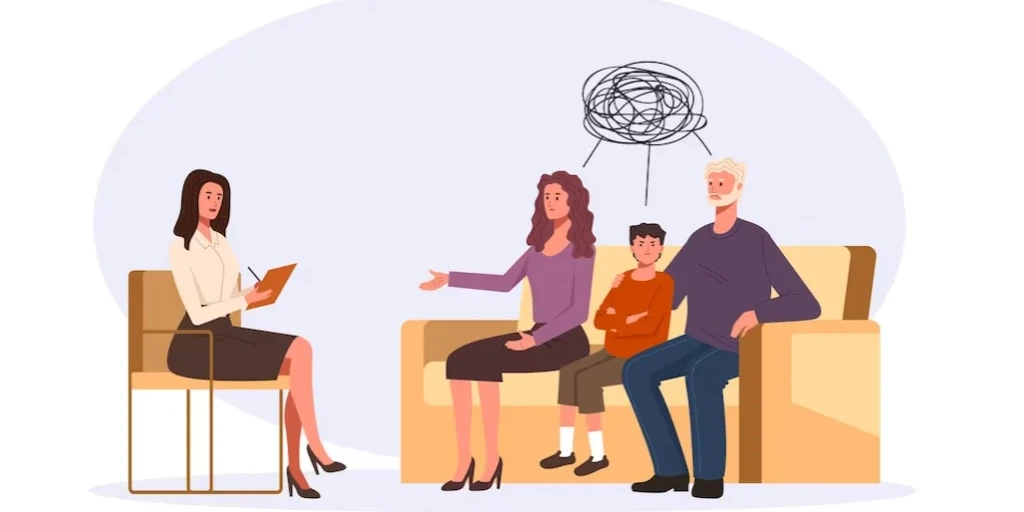24/7 Helpline:
(866) 899-221924/7 Helpline:
(866) 899-2219
Learn more about Depression Treatment centers in Reisterstown
Depression Treatment in Other Cities

Other Insurance Options

WellCare Health Plans

Covered California

Evernorth

Meritain

BlueCross

Magellan Health

Access to Recovery (ATR) Voucher

Amerigroup

Carleon

EmblemHealth

Ceridian

Sutter

Medical Mutual of Ohio

Group Health Incorporated
Beacon

PHCS Network

Choice Care Network

MHNNet Behavioral Health

State Farm

BHS | Behavioral Health Systems
















